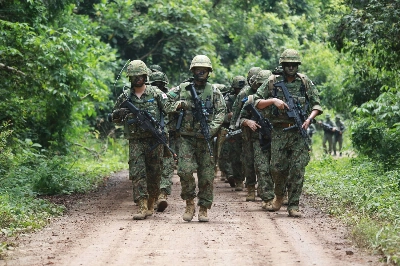October 7 marked seven months since Iraq held parliamentary elections. During this time, the country's politicians proved unable to forge a ruling coalition, giving Iraq the dubious honor of surpassing the Netherlands for going the longest time without an effective government following a parliamentary election.
That period may be approaching an end, however, with the Oct. 1 decision by Shiite cleric Muqtada al-Sadr to back incumbent Prime Minister Nouri al-Maliki's bid to remain in office. That move could break the deadlock, but it does not mean that a deal is imminent. Considerable horse-trading is still required to form a government. Ultimately, however, there needs to be power-sharing with Mr. Maliki's chief rival, former Prime Minister Ayad Allawi. Failure to do so could result in another outbreak of sectarian violence.
On March 7, Iraqi voters cast ballots in the country's second parliamentary election since a U.S.-led invasion overthrew Saddam Hussein. The results revealed a deeply divided country. Mr. Allawi's Iraqiya coalition, a broad-based group that claims support from the country's Sunni minority, was the biggest winner, with 91 seats in the 325-seat Parliament.

















With your current subscription plan you can comment on stories. However, before writing your first comment, please create a display name in the Profile section of your subscriber account page.